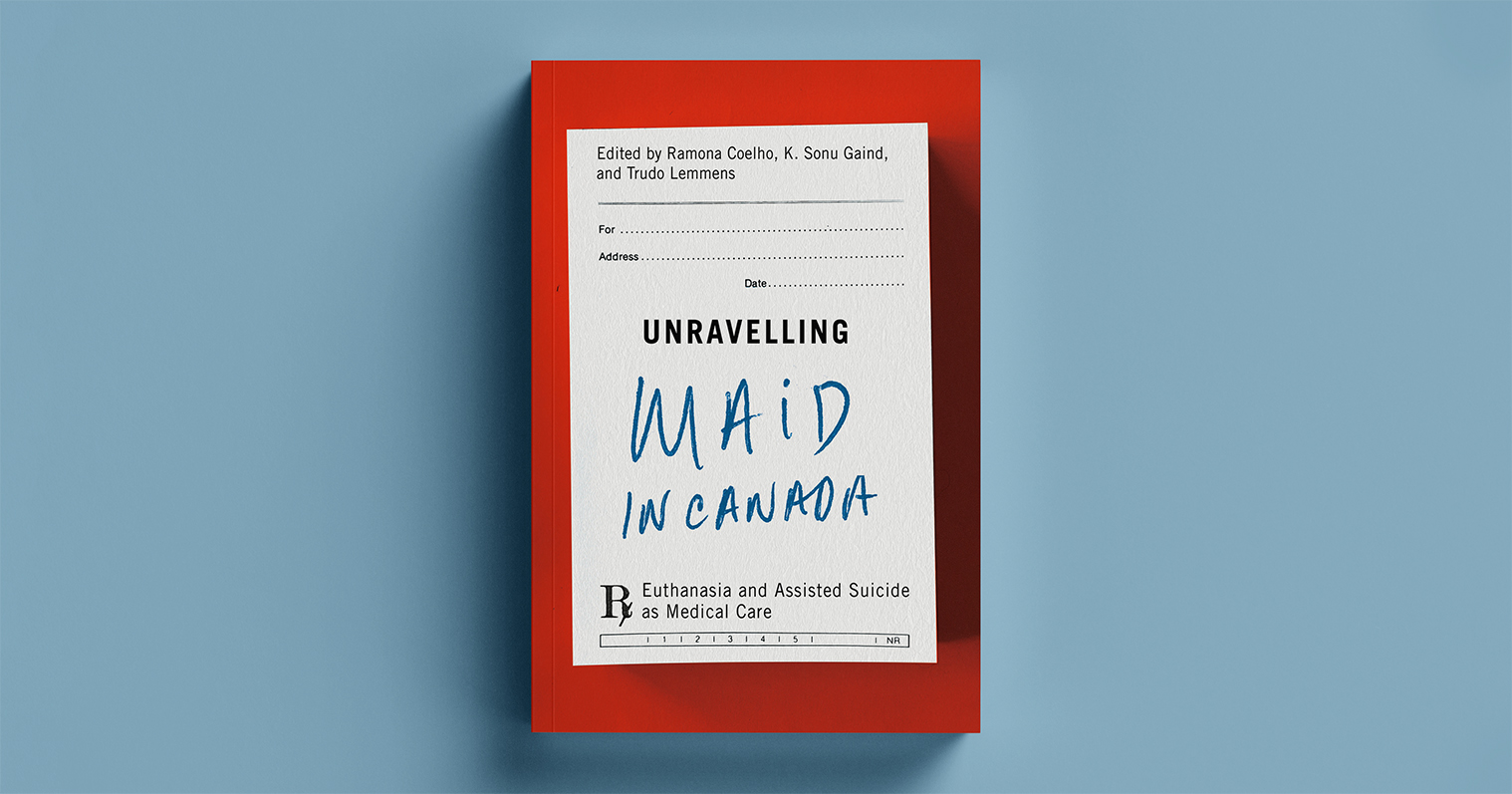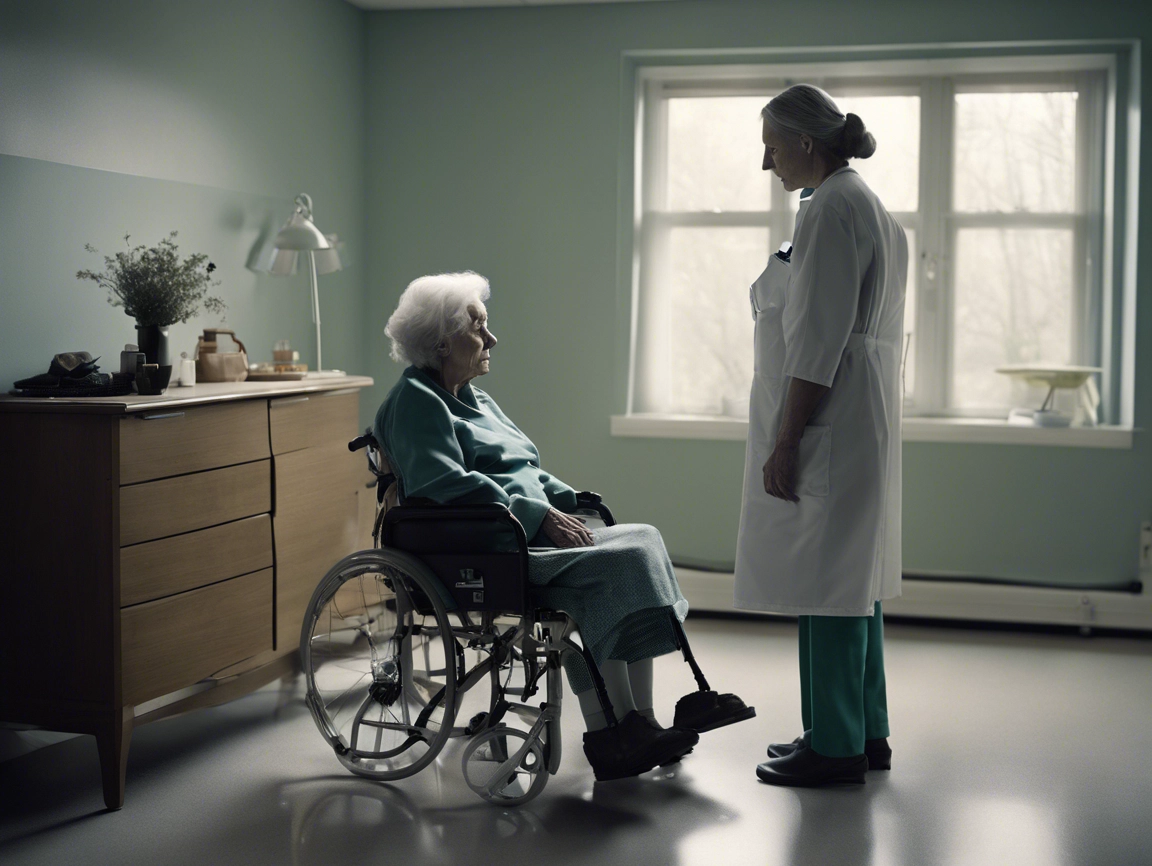FOR IMMEDIATE RELEASE
Montreal, October 15, 2014 – The Supreme Court will hear oral arguments today in Carter vs. Canada (Attorney-General) on the right of individuals to obtain assistance to commit suicide or to be euthanized. Through their lawyers (Mr. Pierre Bienvenu Ad.E. and Mr. Andres Garin, from the firm Norton Rose Fulbright), the Physicians’ Alliance against Euthanasia will argue before the Court that neither assisted suicide nor euthanasia constitutes health care and that their prohibition in the Criminal Code must continue to apply throughout Canada and for everyone, to preserve its function of protecting all citizens, regardless of their condition.
The more than 660 physicians of the Alliance , through their clinical experience, are very aware of the vulnerability of suffering and dying patients. For this reason they have at heart the need to prevent the abuse and injustice that would inevitably follow the introduction of assisted suicide and euthanasia into the Canadian health care system. The Alliance obtained the authorization of the Court both to submit a brief and to be heard orally.
In light of the clinical experience of its members and their particular expertise regarding the Canadian health system, the Alliance maintains that the right to life guaranteed by the Canadian Charter of Rights and Freedoms and Quebec’s Charter of Human Rights and Freedoms cannot be transformed into a "right to die", a transformation which, in its concrete application, carries an inherent risk of undermining the security of a large number of Canadian citizens, including those who are weak or vulnerable.
The Alliance and the citizen network Living with Dignity also filed a motion in the Superior Court of Quebec on July 17 to have the provisions on "medical aid in dying" in the Act respecting end-of-life care (formerly Bill 52) declared invalid. The law was adopted by the National Assembly of Quebec on June 5. The two groups argue that the issue addressed by these provisions is at the heart of the exclusive federal jurisdiction over criminal law and that Quebec does not have jurisdiction to adopt them.
The decision of the Supreme Court in Carter could have a decisive impact on the fate of Law 52.
-30-
Sources: The citizen network Living with Dignity (http://vivredignite.org/en/) and the Physicians’ Alliance against Euthanasia (http://collectifmedecins.org/en/).
For more information or to organize an interview, please contact:
Nicolas Steenhout
Director General
Living with Dignity
info@vivredignite.org
438-931-1233


